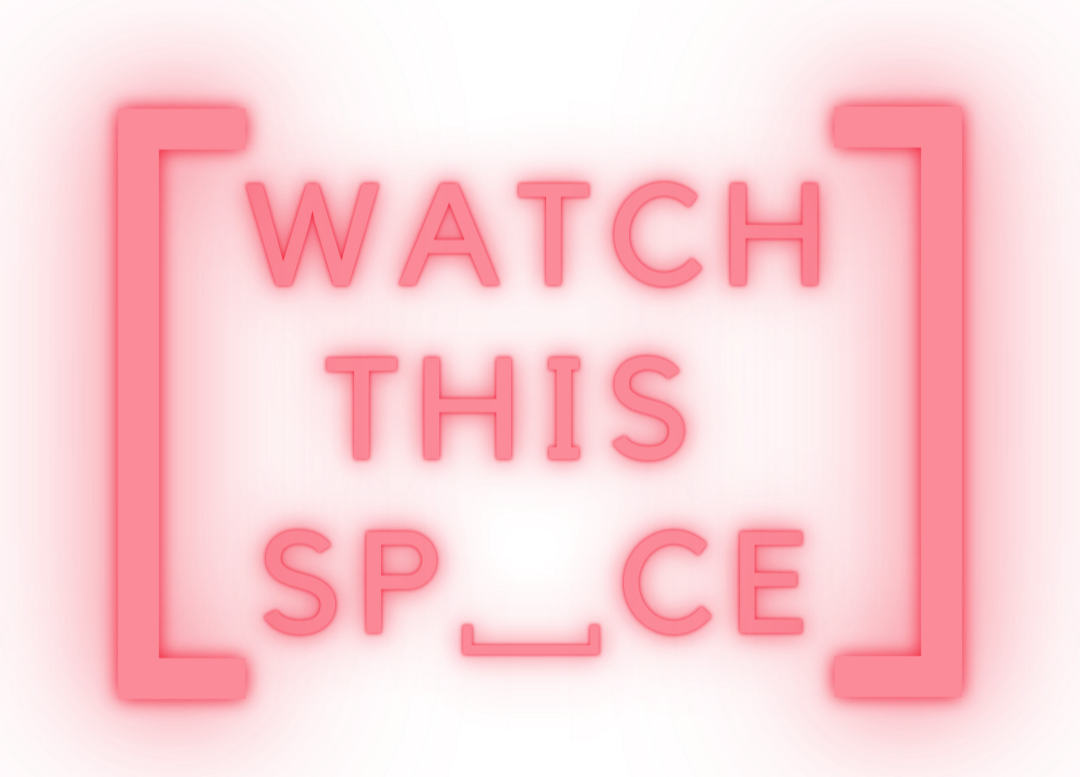Many people become uncomfortable when they hear it suggested that they have unconscious biases that they may want to tackle. They feel that they are being told they are prejudiced or that they do not treat people fairly, and that seems like a harsh criticism. That can cause them to become defensive and unwilling to investigate the issue further. Whilst we totally understand where this reaction comes from, it’s preventing valuable learning and growth opportunities from taking place. Because the fact is that we ALL have unconscious biases, no one on the planet is immune, and we can all benefit from looking into them.
We’d like to bust a few myths about unconscious bias, and help you understand what it’s really all about.
Having unconscious bias doesn’t make you a racist
The first thing to be aware of is that, by saying you have unconscious biases, we’re not saying you’re racist, or sexist, or actively prejudiced in any other way. Unconscious biases are precisely that – unconscious. So you can most certainly believe that all people are equal and should be treated with respect whilst also unconsciously leaning towards, or away from, a certain type of person.
The fact is, we all do it.
We are programmed to prefer people who seem similar to us. From an evolutionary perspective, it made sense for our cave-dwelling ancestors to stick to members of their own group and be wary of other communities who might want to steal their food or hit them over the head with a club. The problem is, our brains haven’t updated their systems since those cave-dwelling times. We’re still following programming from thousands and thousands of years ago, which is no longer relevant or helpful. We have to work to rewire our brains in order to upgrade to a system that will allow us to make better connections and build better relationships.
Unconscious bias isn’t just about people
Whilst most of the talk about unconscious bias is usually in the context of people and how we relate to one another, that’s only one aspect of unconscious bias. There are many ways that your brain makes assumptions and choices without you being aware of what it’s up to.
Procrastination, for example, is an example of unconscious bias. You know you ought to be getting a big, important task done, but you find yourself cleaning the bathroom instead. That’s because your brain unconsciously prioritises quick rewards and instant gratification over sustained effort. Not that cleaning the bathroom is hugely gratifying, but there’s a more immediate sense of achievement that feels simpler to access. A great many time management books focus on helping you to train your brain to overcome that programming and focus on the larger task with the greater long-term benefit – that’s just another example of working to overcome unconscious bias.
Tackling unconscious bias isn’t just a fluffy, box-ticking exercise
The reason we encourage you to look at your unconscious biases is not because we want to turn everyone into soft and gentle people who sit around meditating and talking about their feelings all day. Not that all that stuff isn’t great, but if you’ve met any of the Watch This Sp_ce team, you’ll know that’s not really how we roll.
In reality, overcoming your unconscious biases, whilst it is a whole lot of work, has a huge number of benefits for you and everyone around you.
If you can get in front of those automatic assumptions your brain makes without permission, you’ll have better control of your critical mind, and therefore be able to assess situations more effectively and make better decisions. Being able to look at people as individuals rather than allowing our brains to fall back on profiles we’ve unconsciously created will allow us to build stronger rapport, win people’s trust and enhance cooperation with people we work with. It will make us better communicators and more efficient in what we do. All of this will improve our own reputations and help us to advance our careers.
So what are you going to do about it?
You’ve been receiving subtle messages from authority figures, the media and a million external sources since you were a baby, so it’s no surprise your brain has stored some unhelpful templates that are quietly running in the background without you realising. Your brain thinks it’s being helpful by filling in a few blanks and supplying a narrative to move you forward without having to research everything from scratch. But in allowing it to continue doing so on autopilot, you’re actually holding yourself back.
If you can be willing to accept that you have unconscious biases, and then address your automatic way of thinking, then you can train your brain to be far more powerful and effective.
Ready to give it a go? Our Challenge Your Assumptions training session will help you to understand how your unconscious biases work, and what you can do to combat them. Unlock your mind’s potential, and the possibilities are endless.
